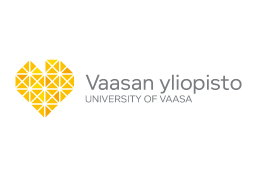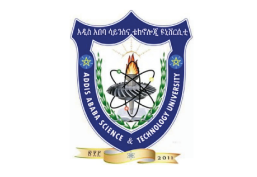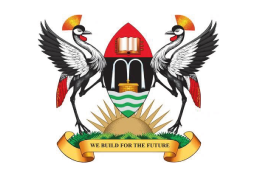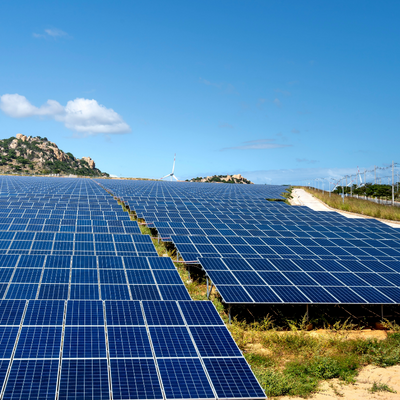LEAP-RE’s Energy Village was at the 2024 Vaasa Energy Week, presenting on an Energy Village Concept in Africa
Energy Village News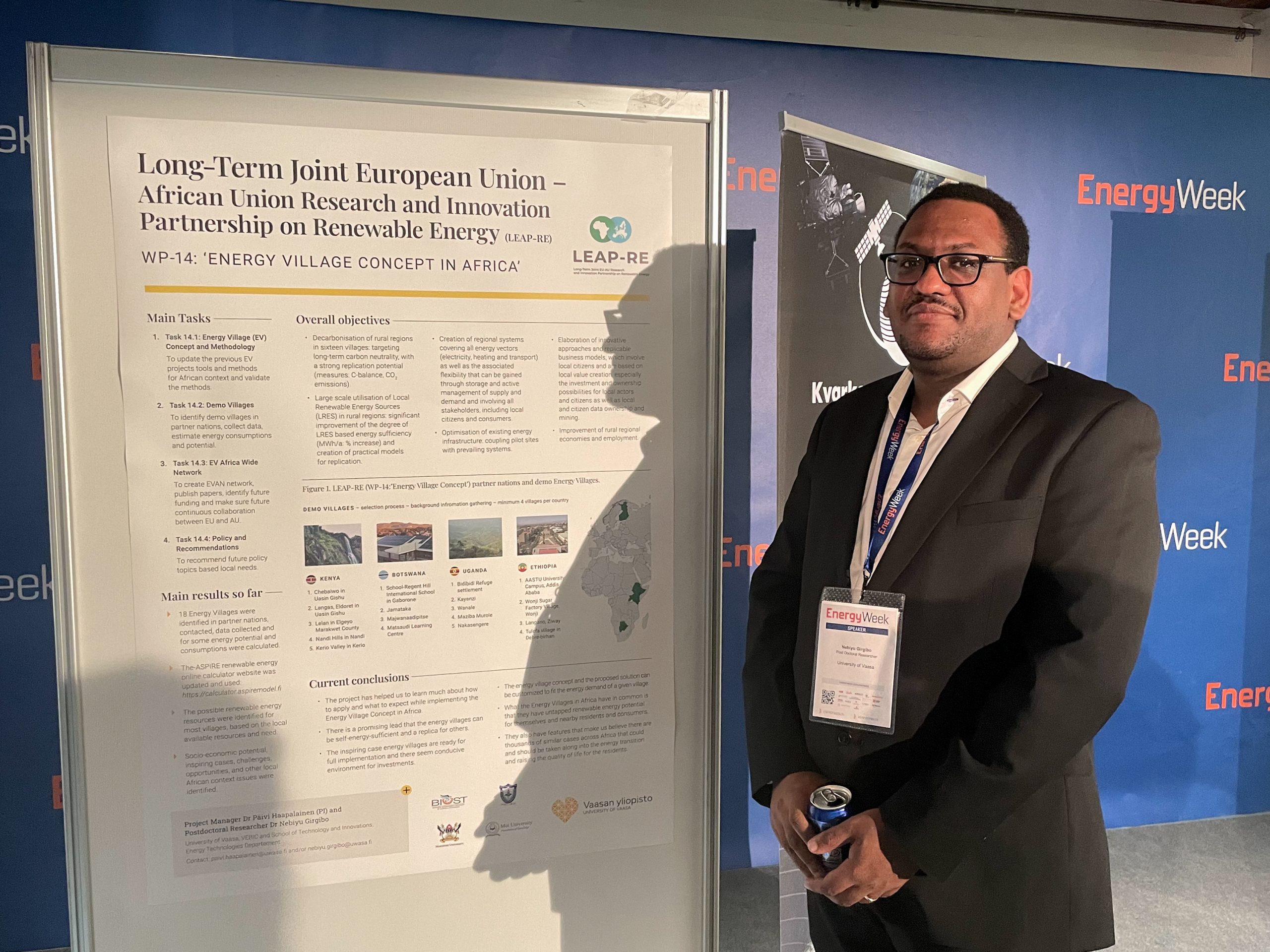
The annual EnergyWeek, held in Vaasa, Fi...
Continue →The ENERGY VILLAGE’S calculator enables ...
Continue →Energy Village Project Partners Visit to UVA and Jepua Biogas Company Energy Village in Finland
Energy Village News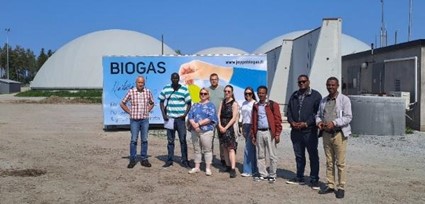
One of the aims of the Energy Village co...
Continue →AASTU energy village is located on the o...
Continue →
